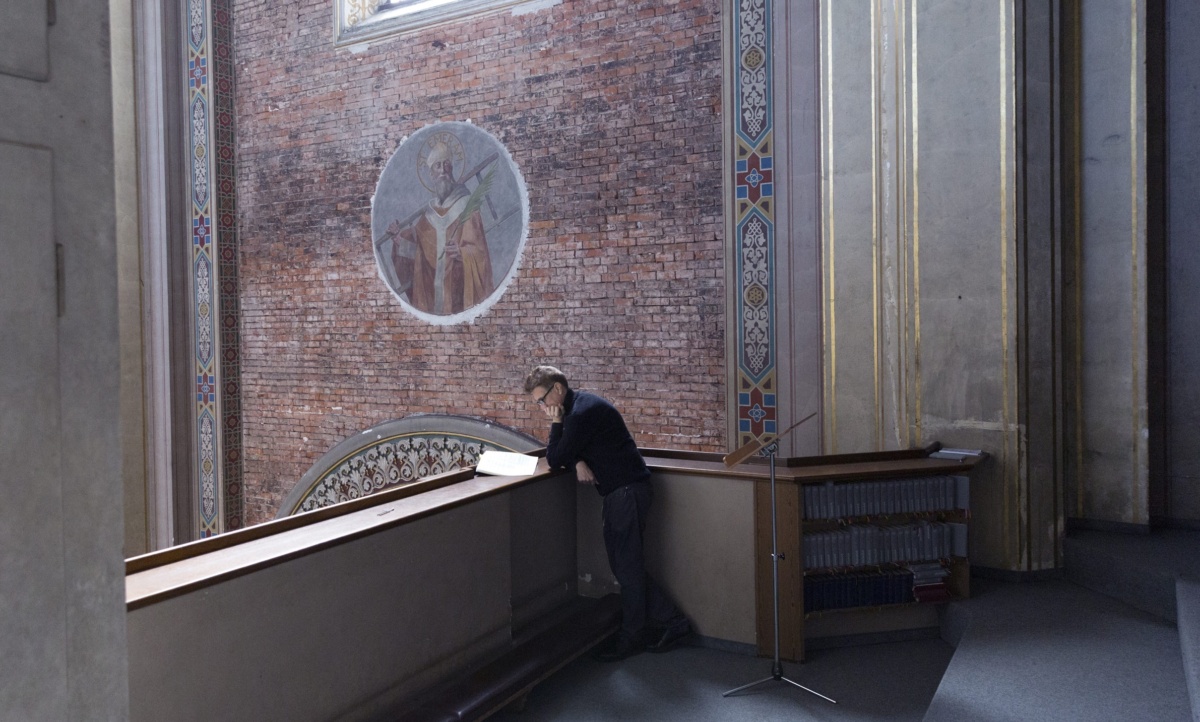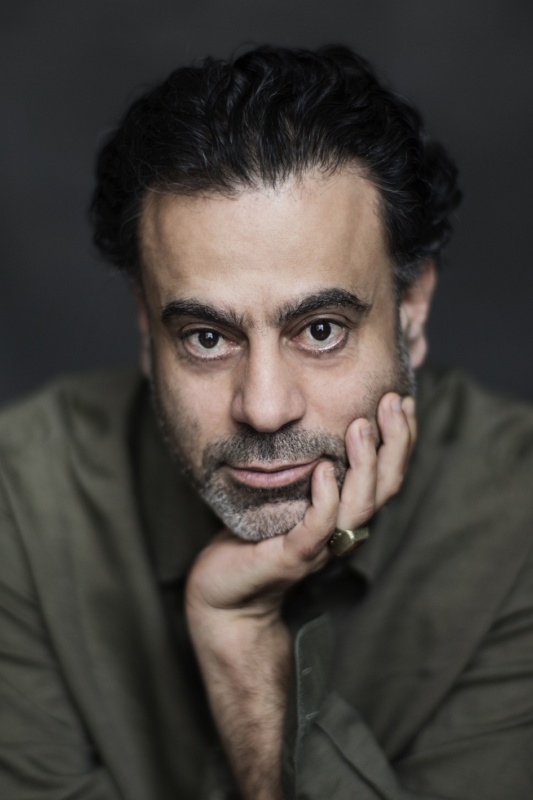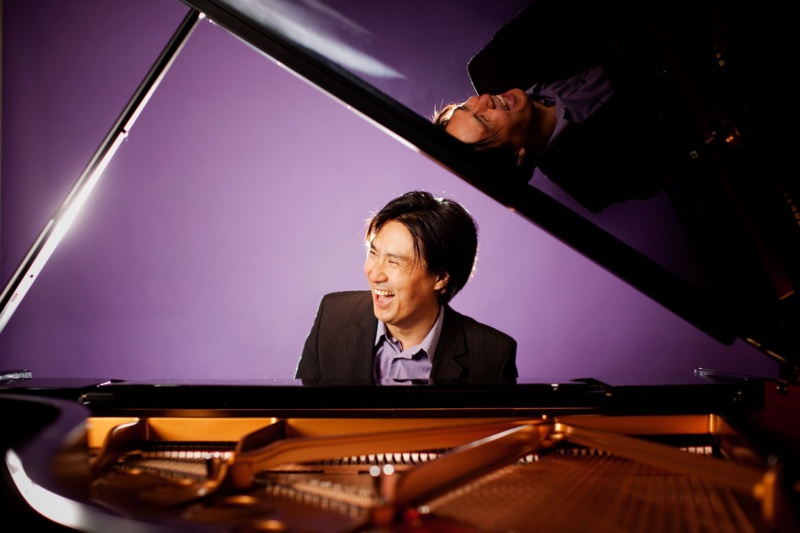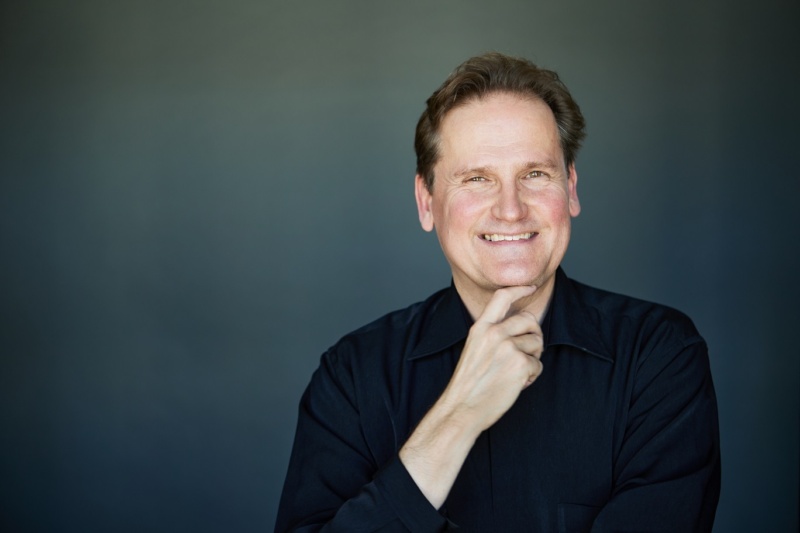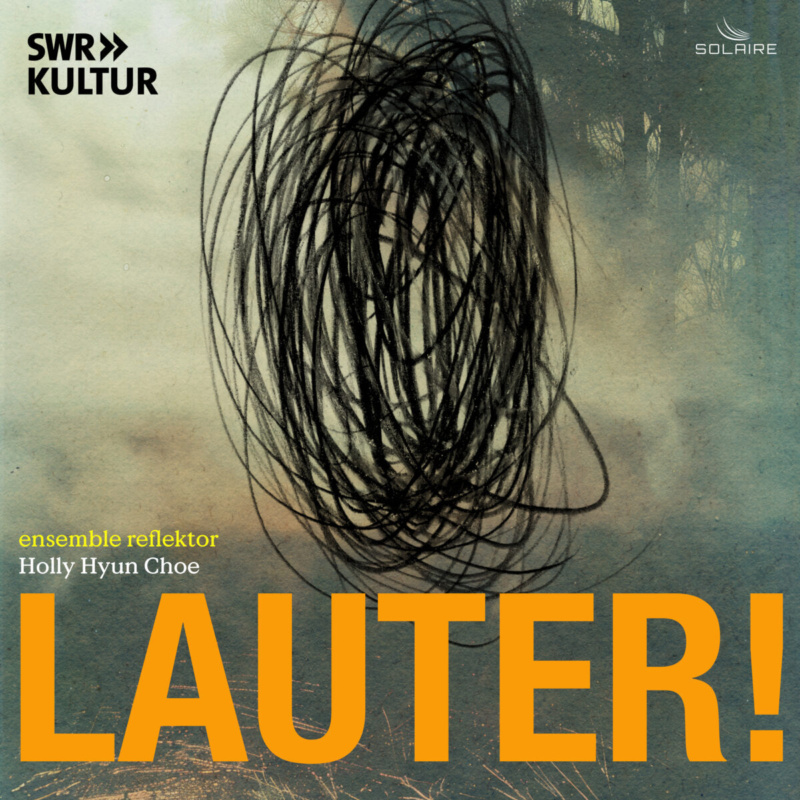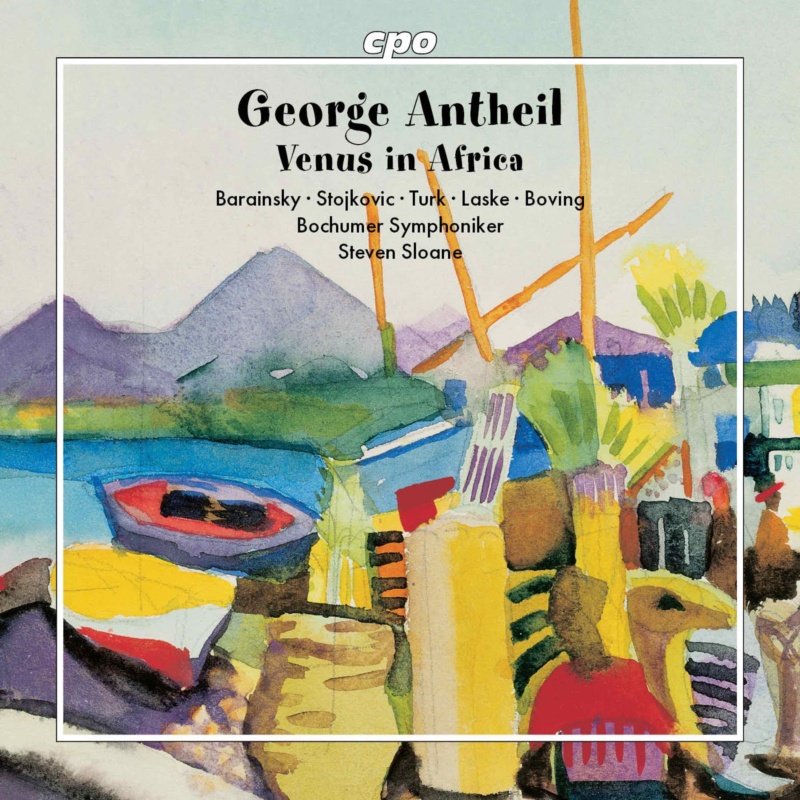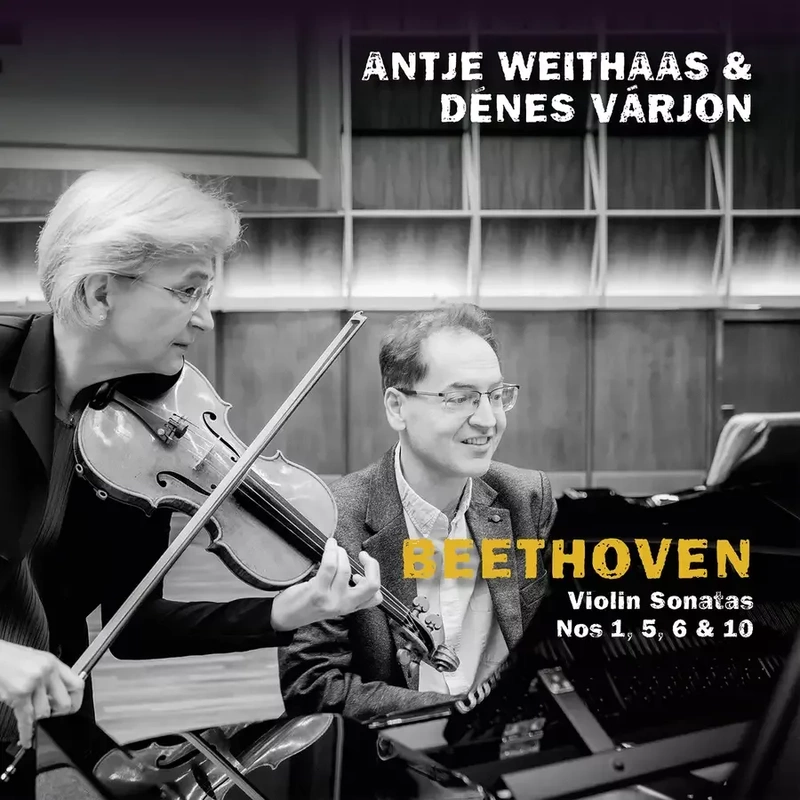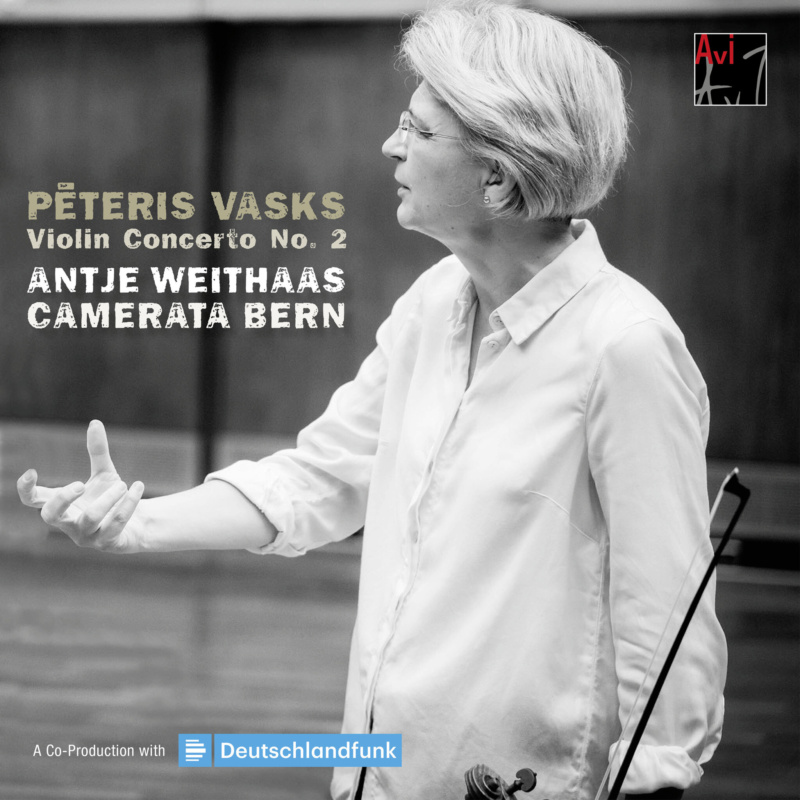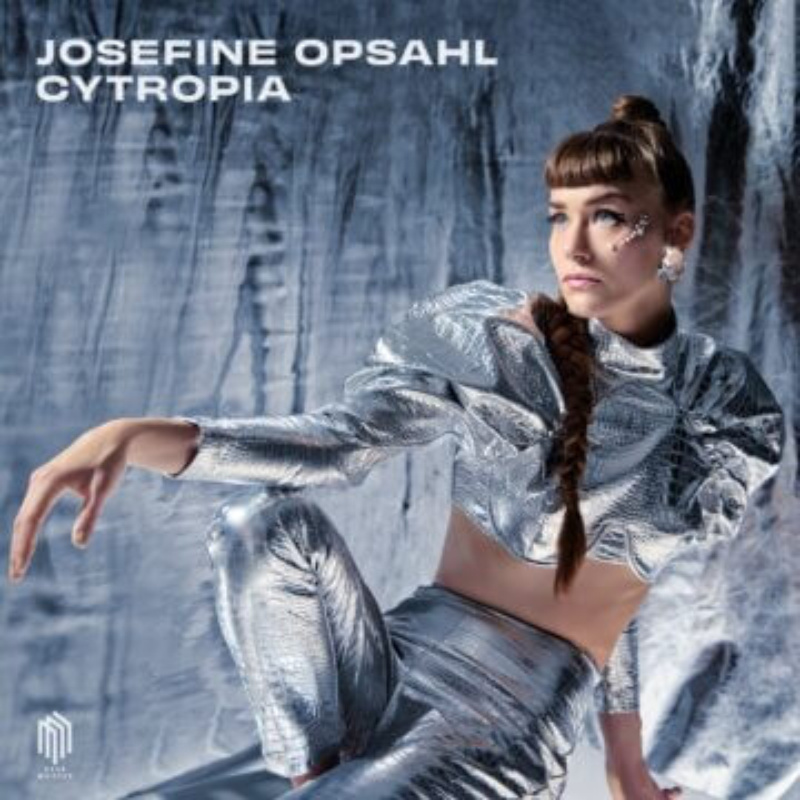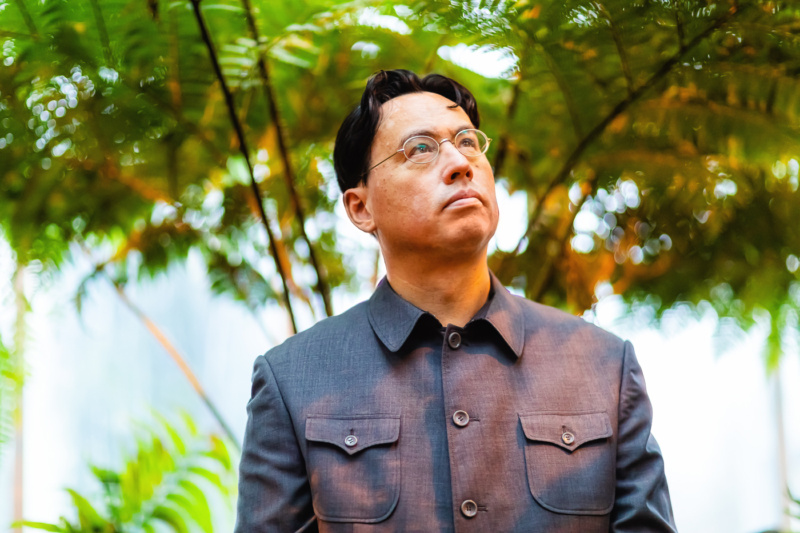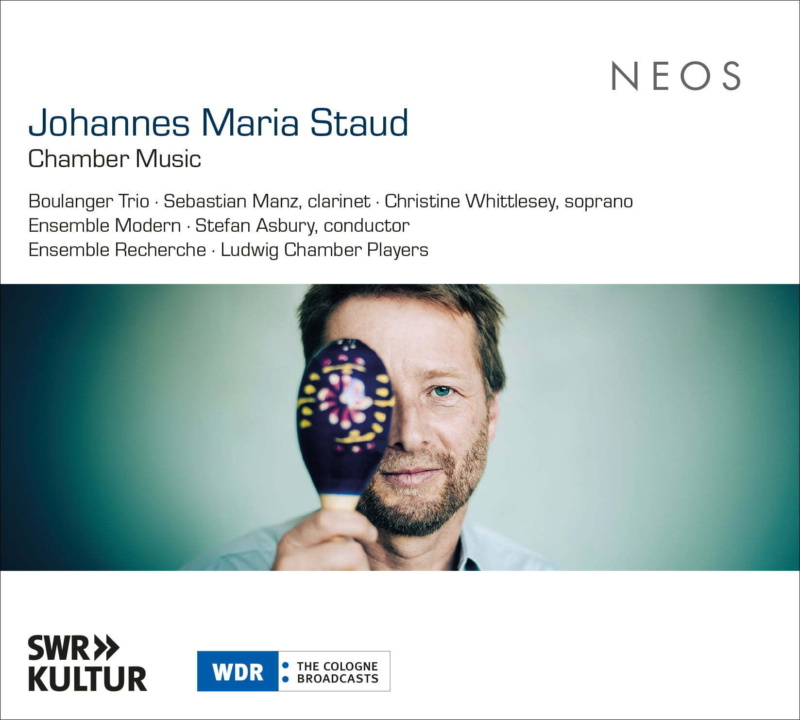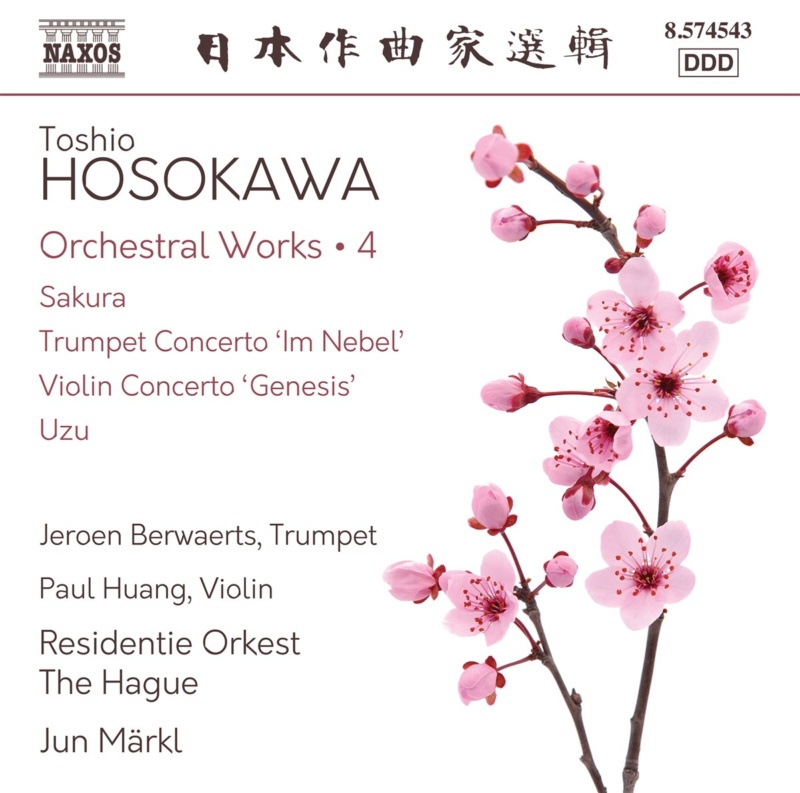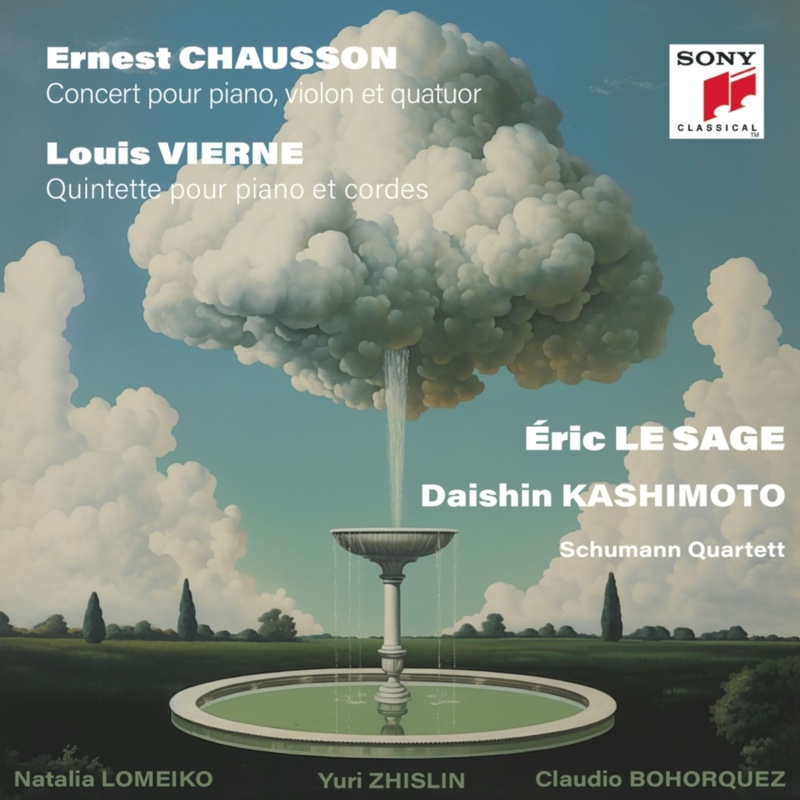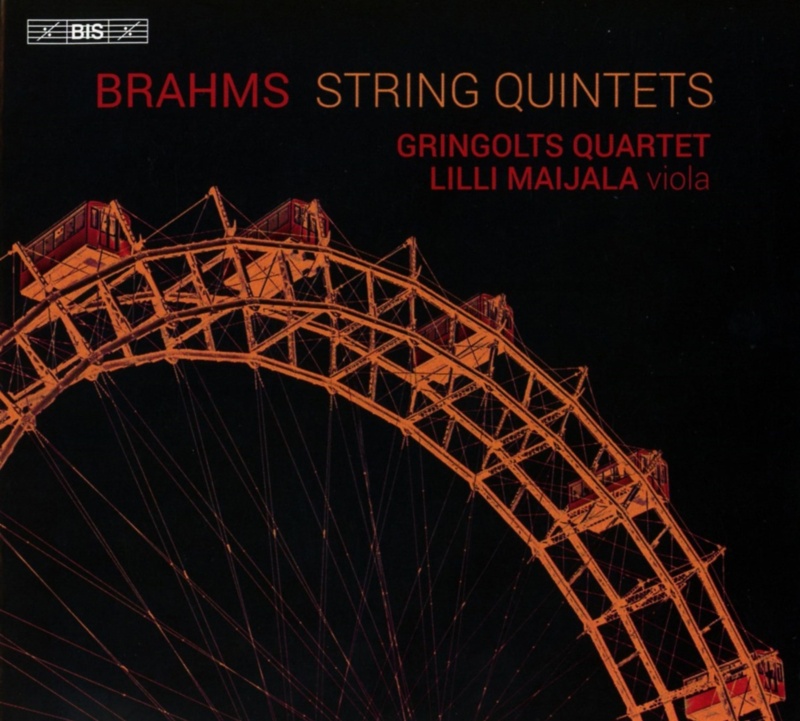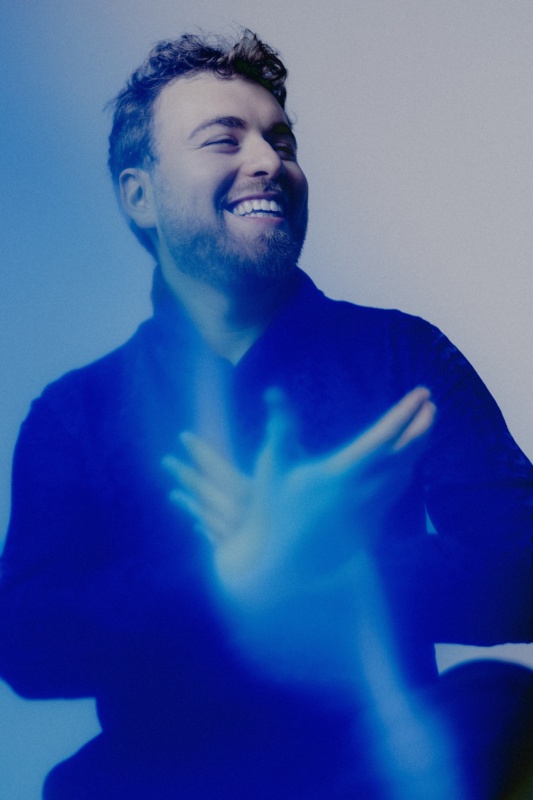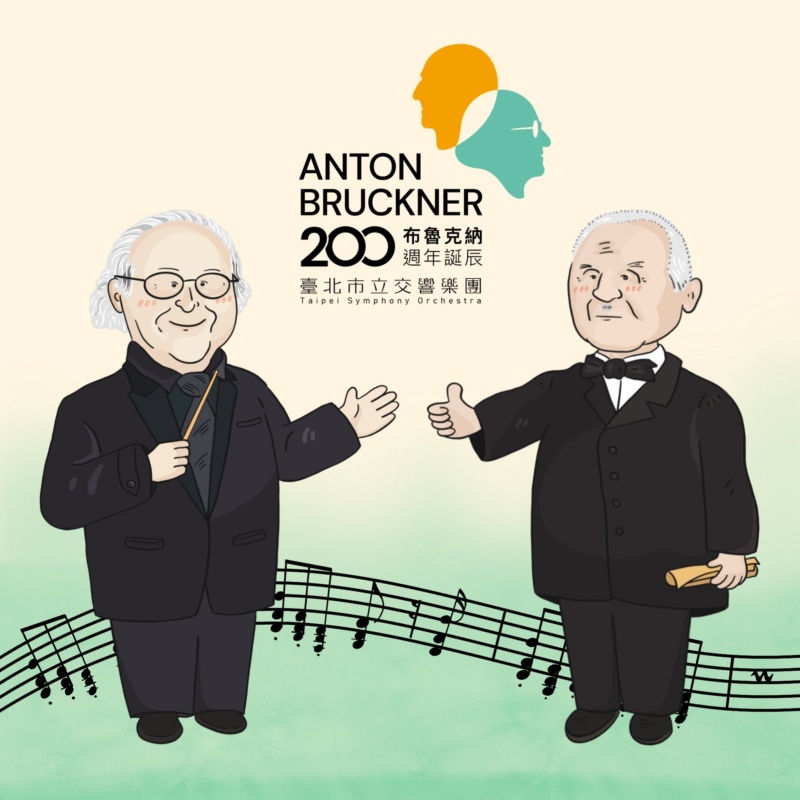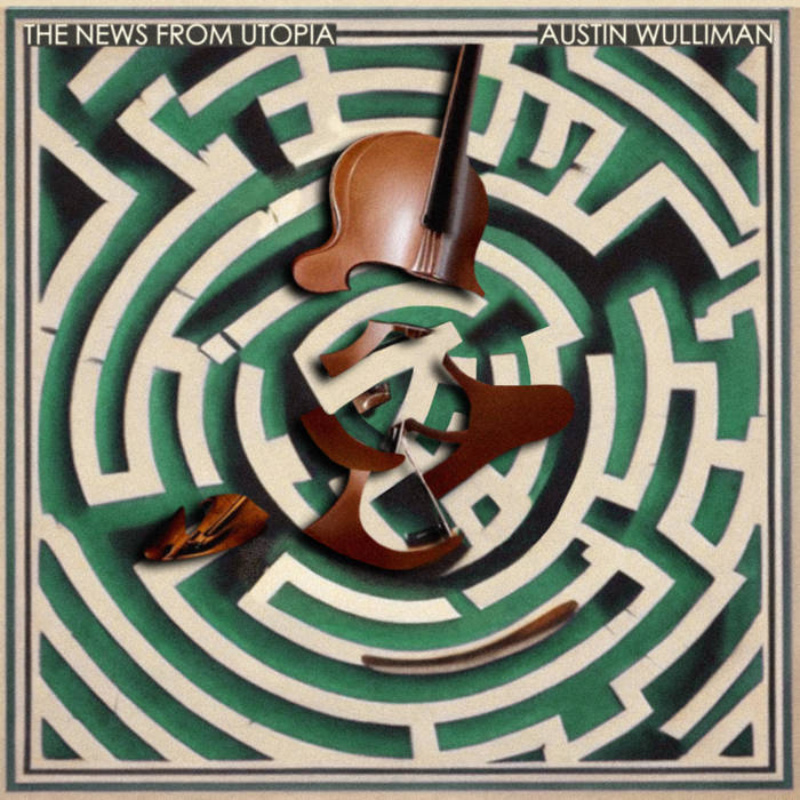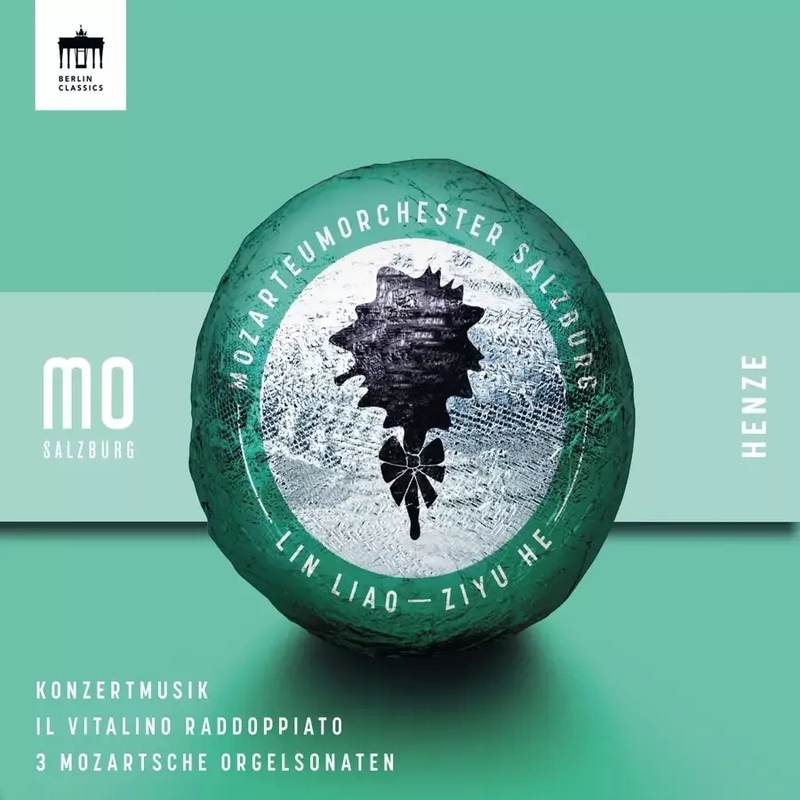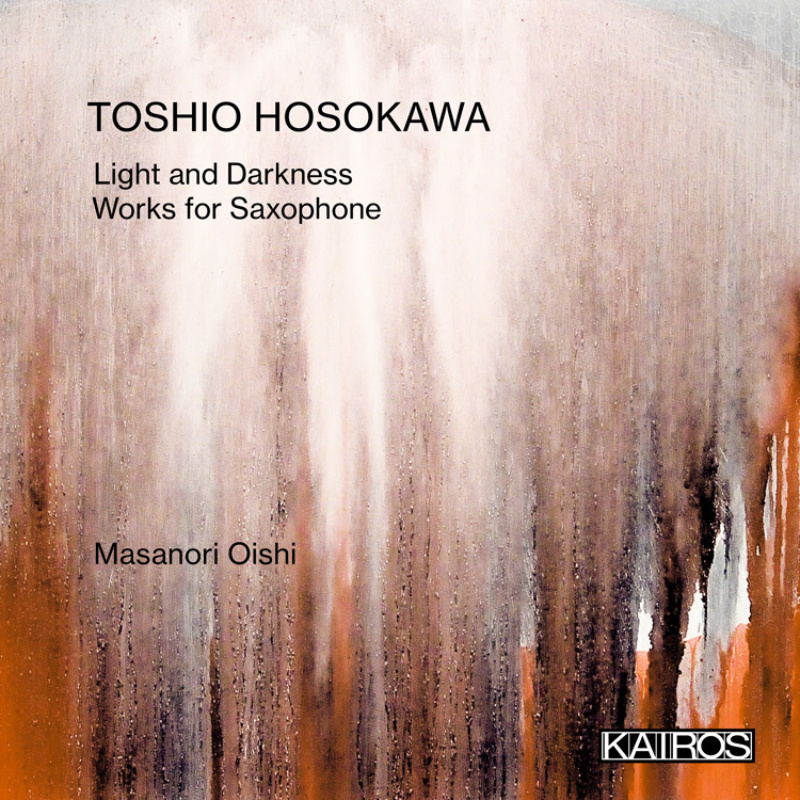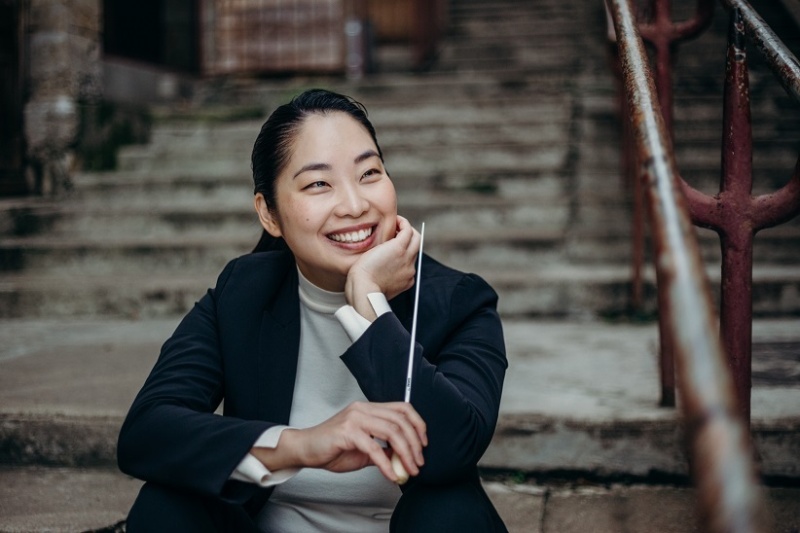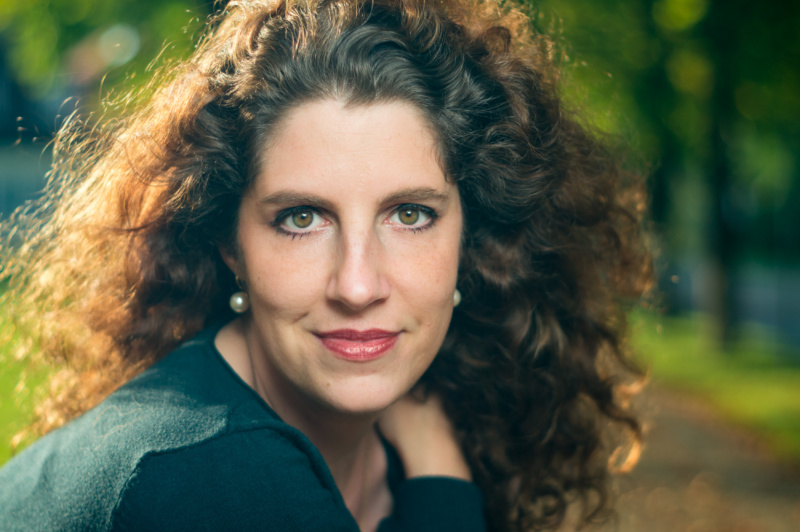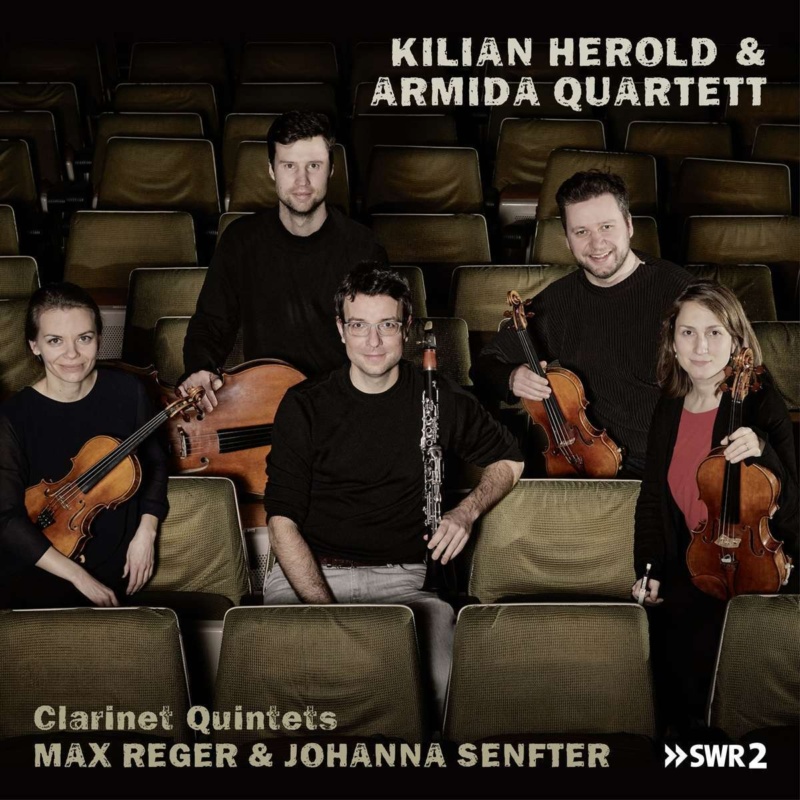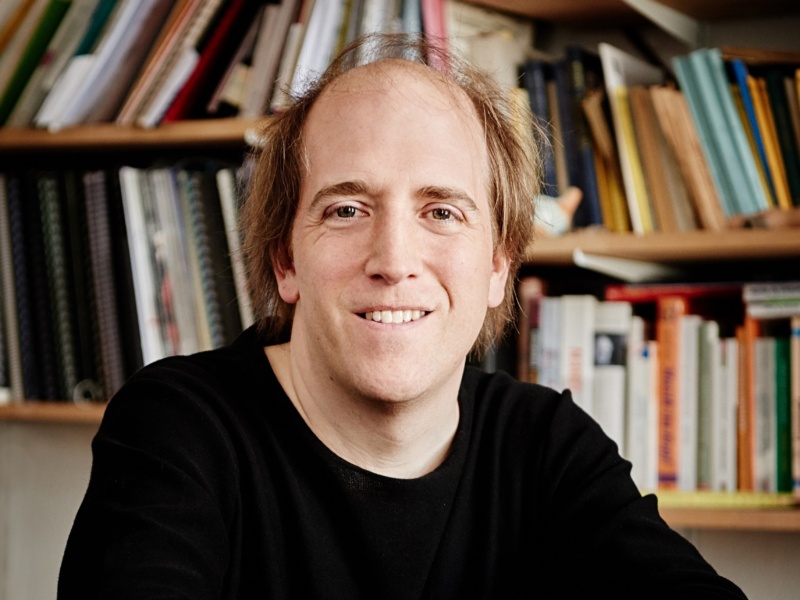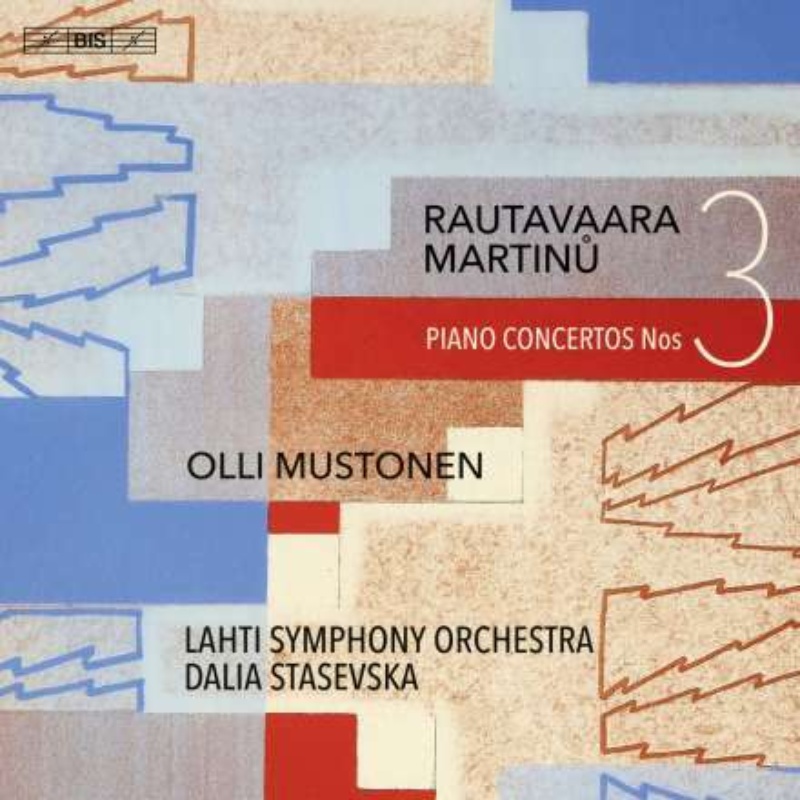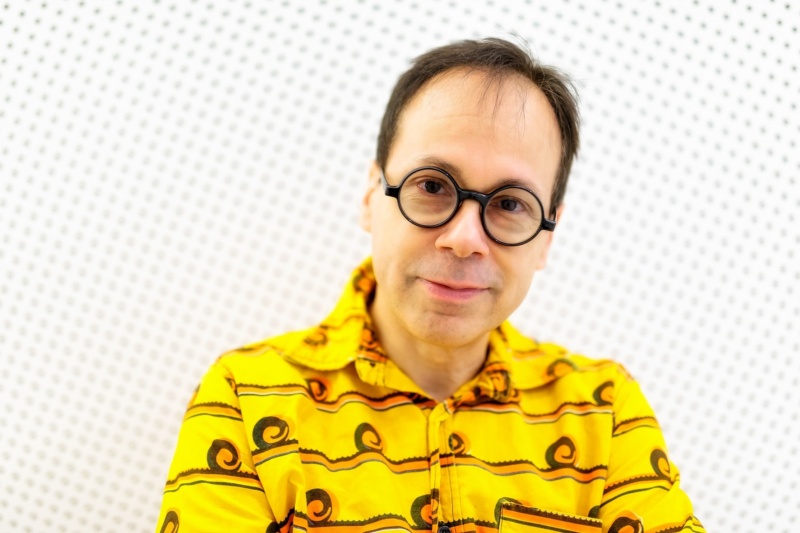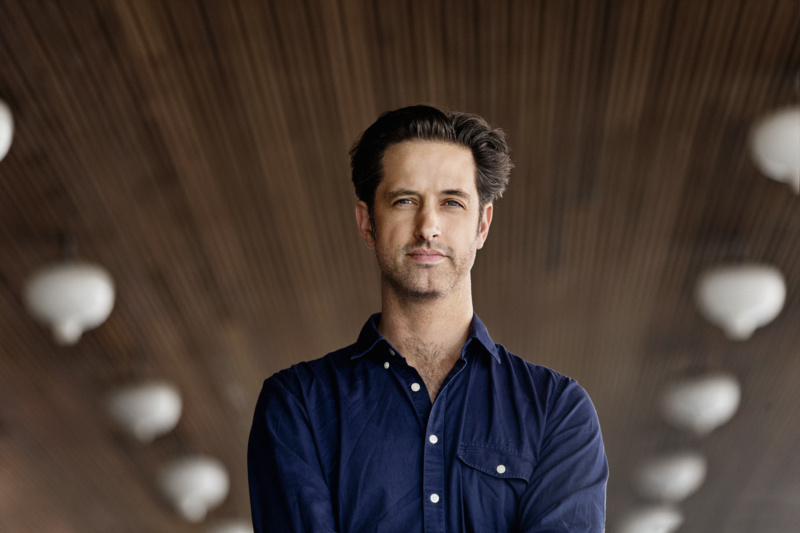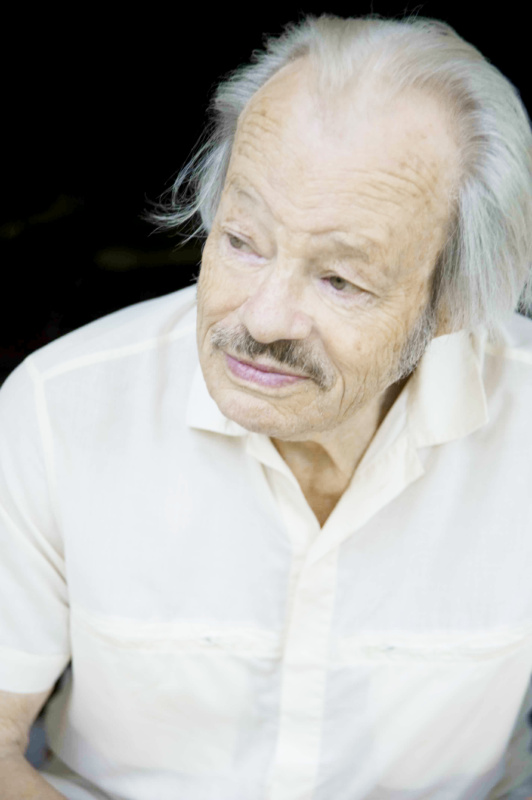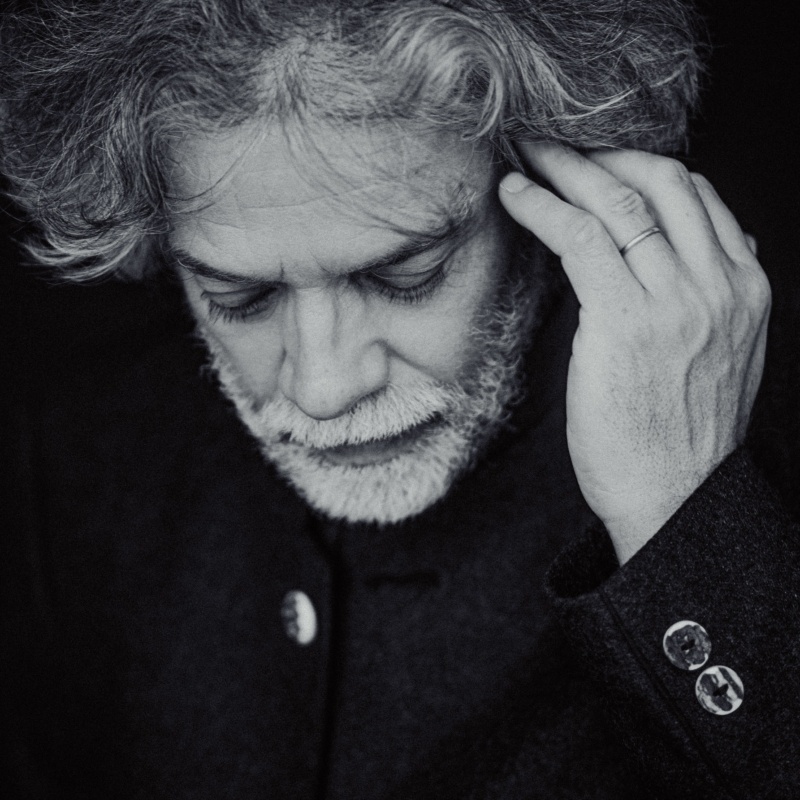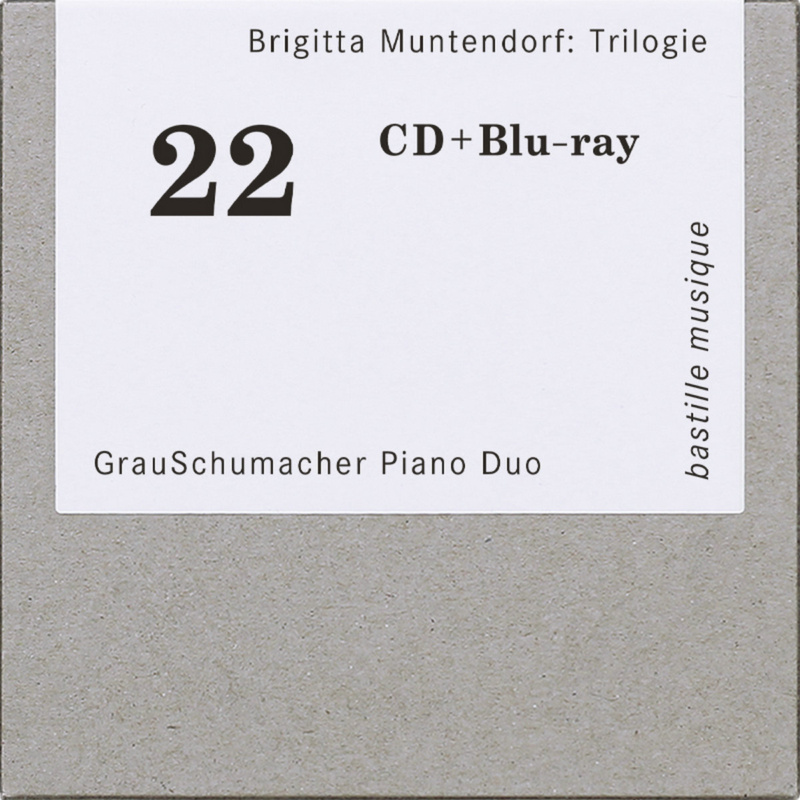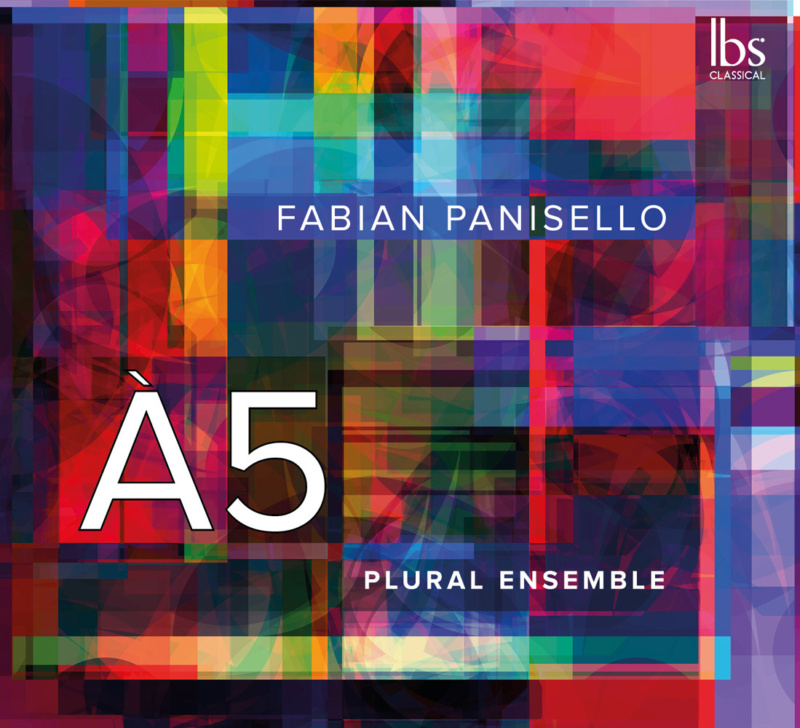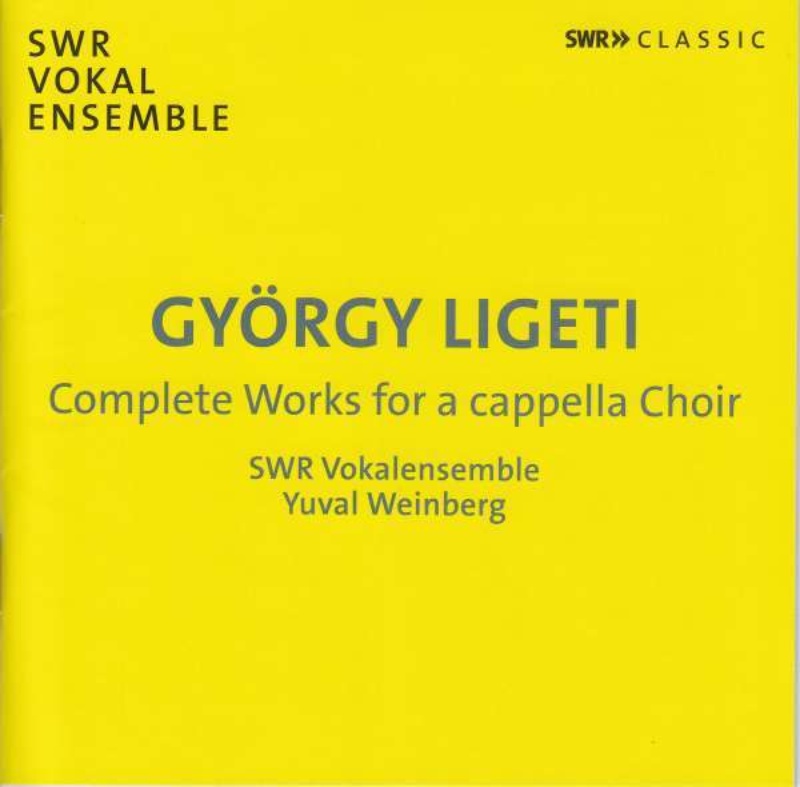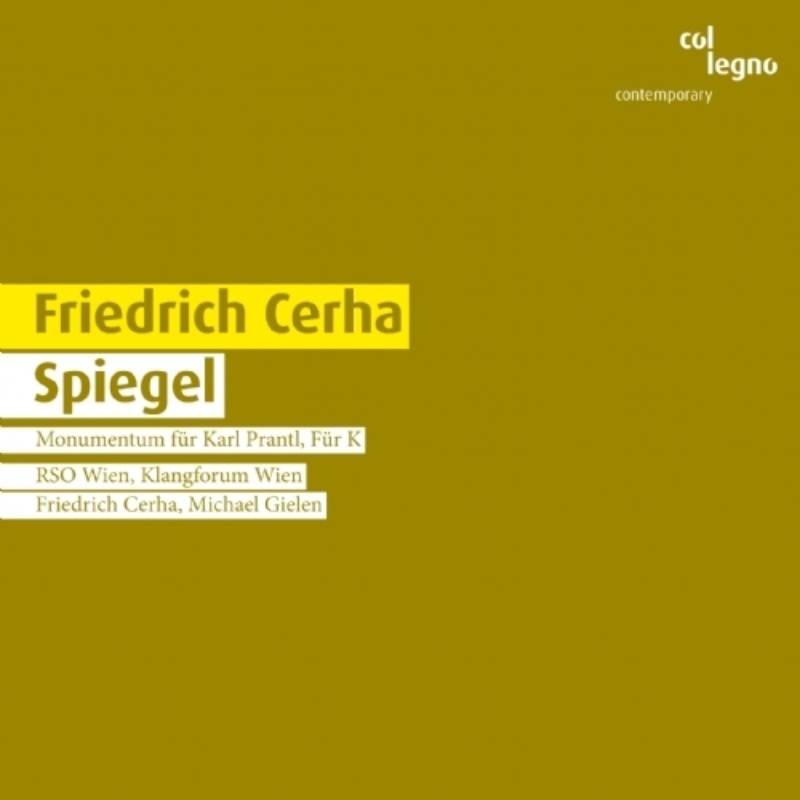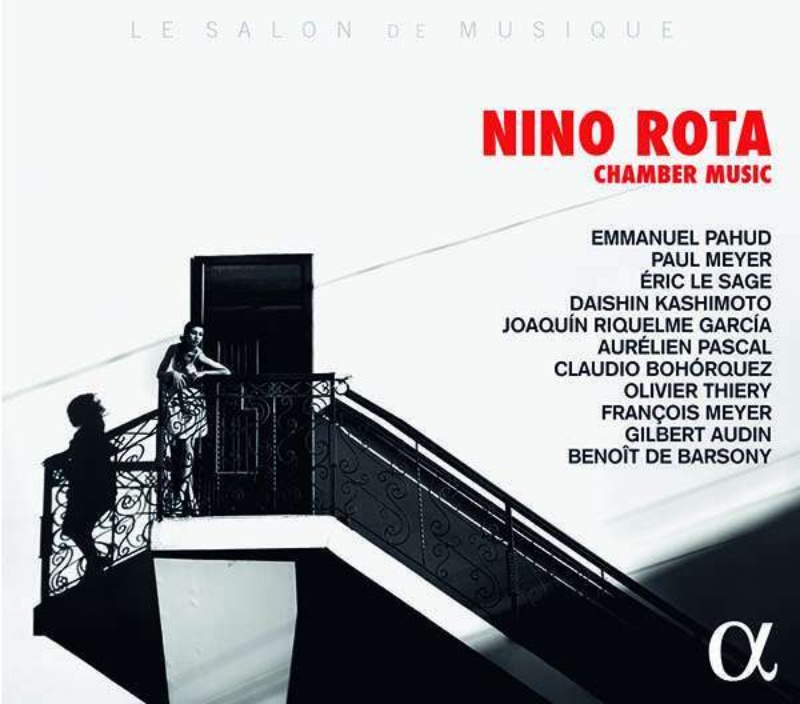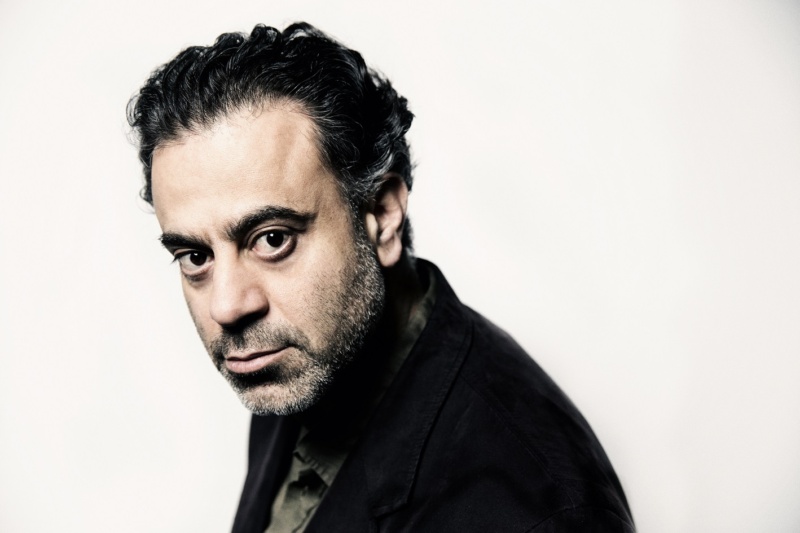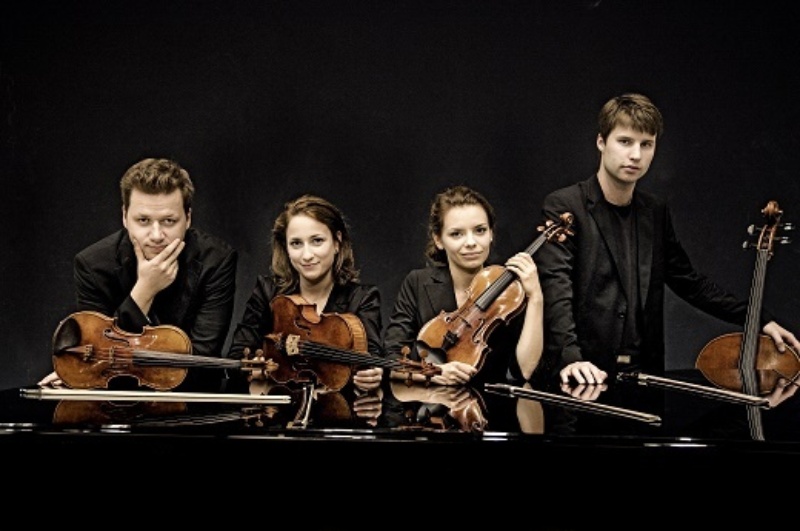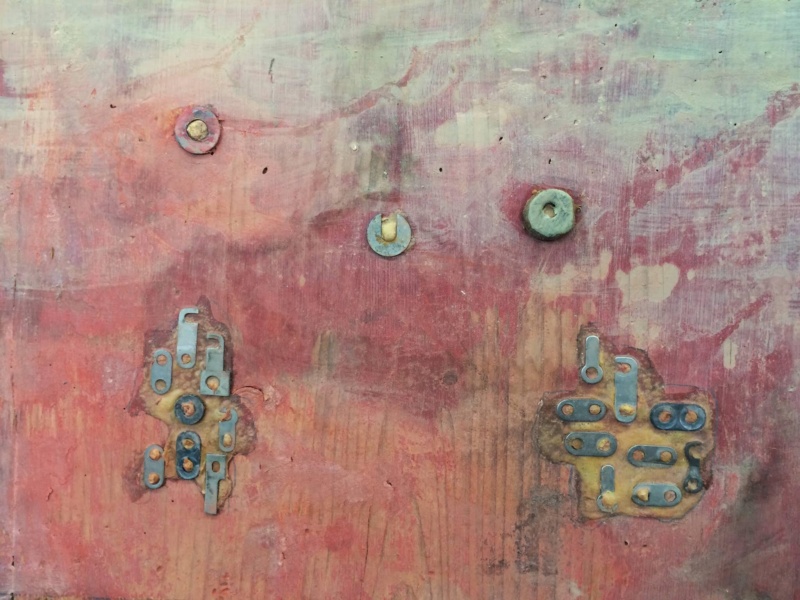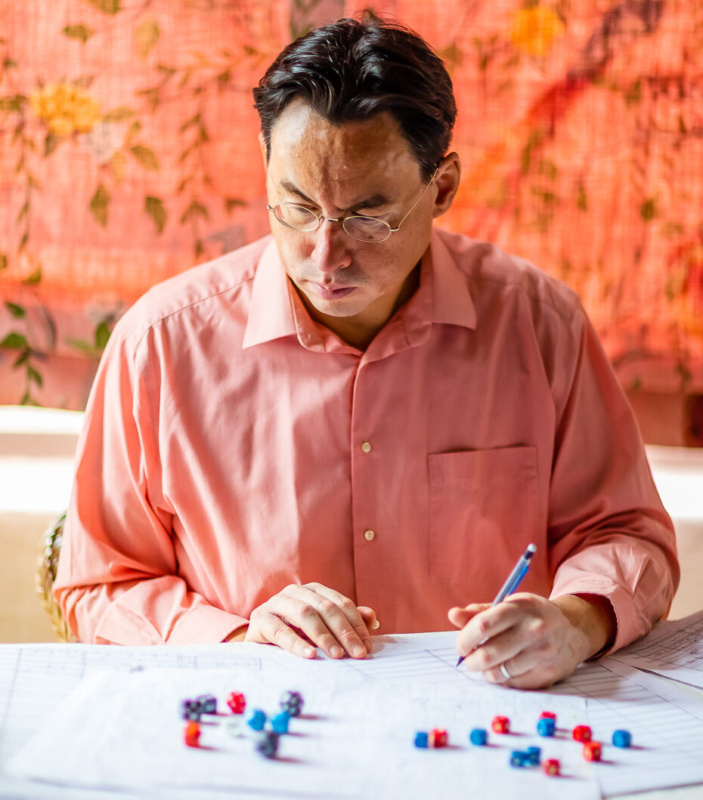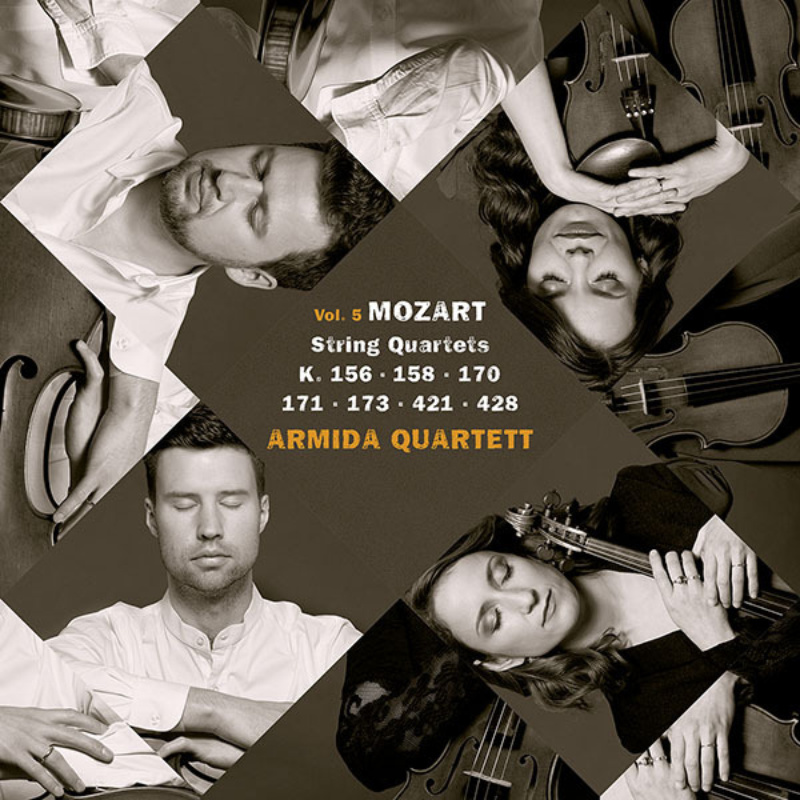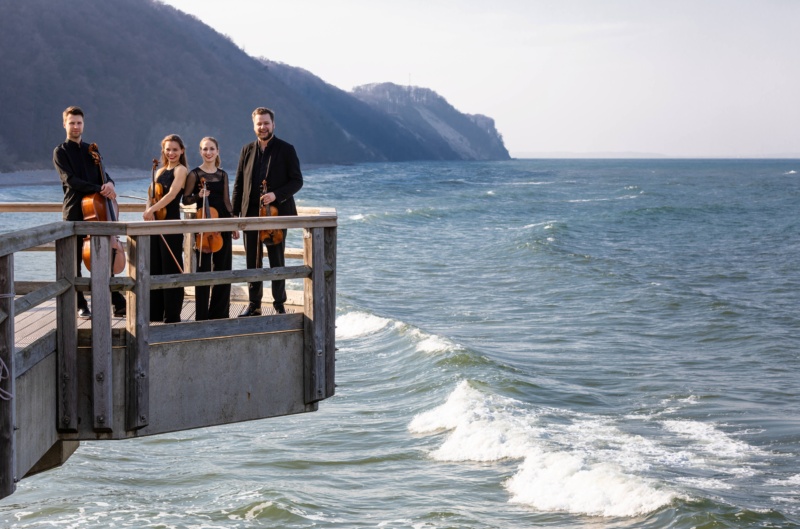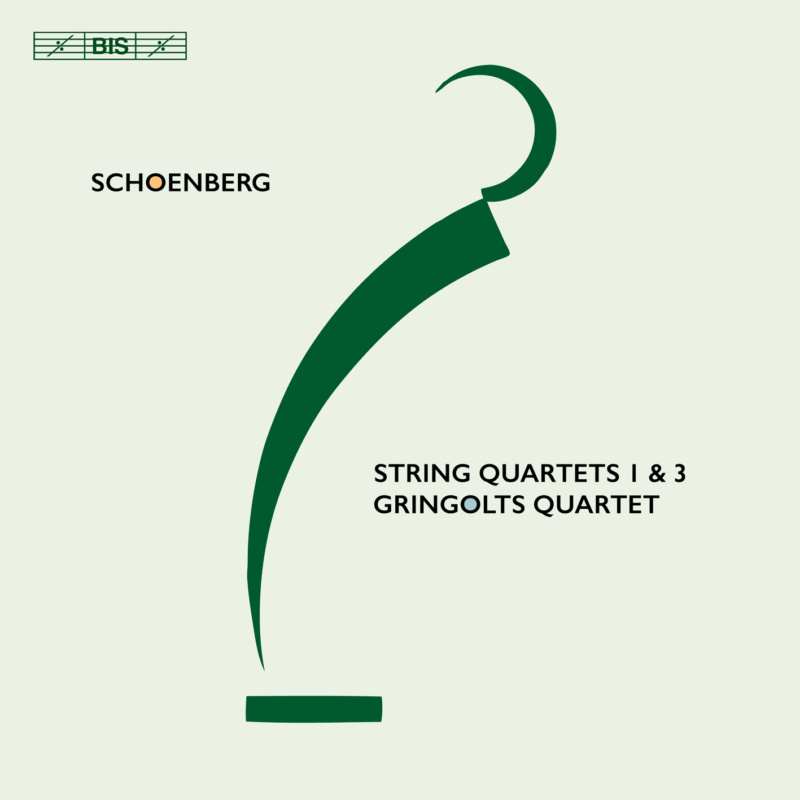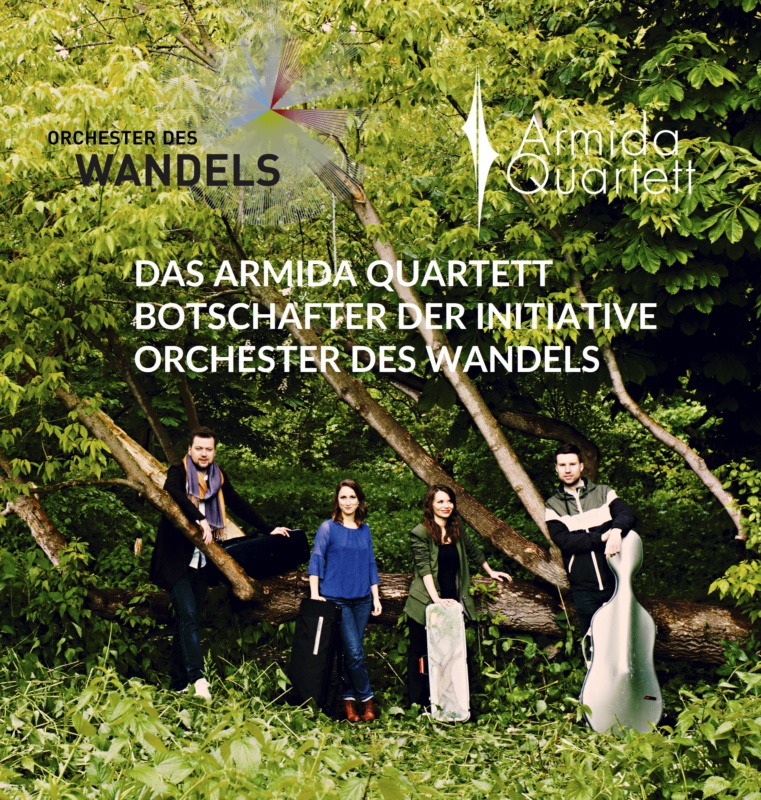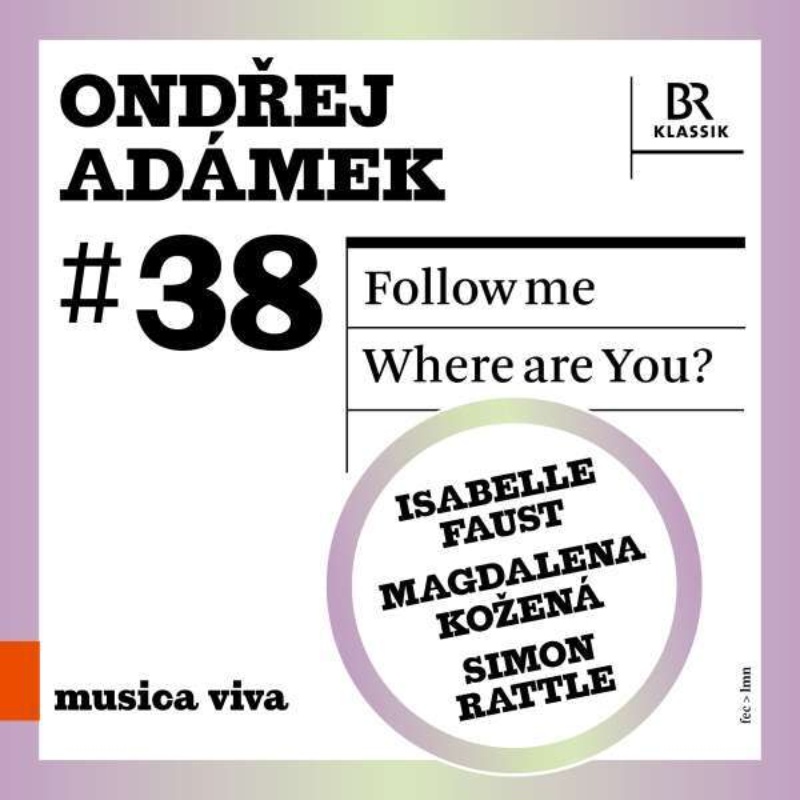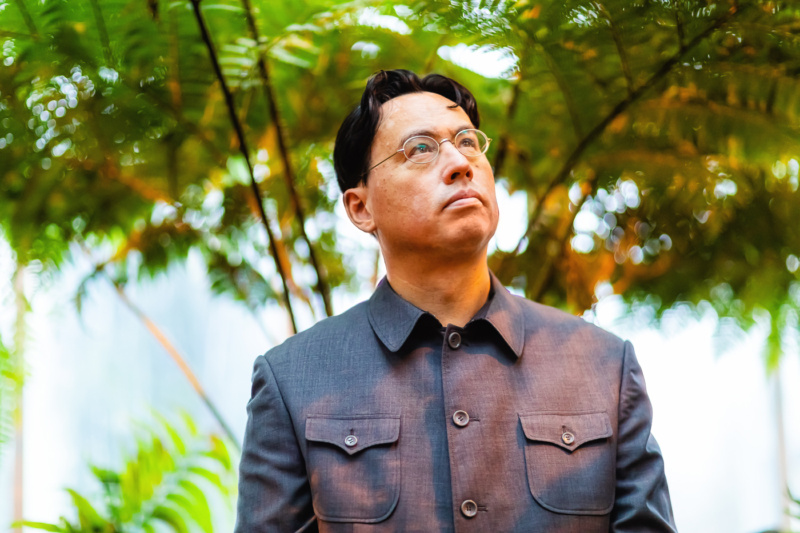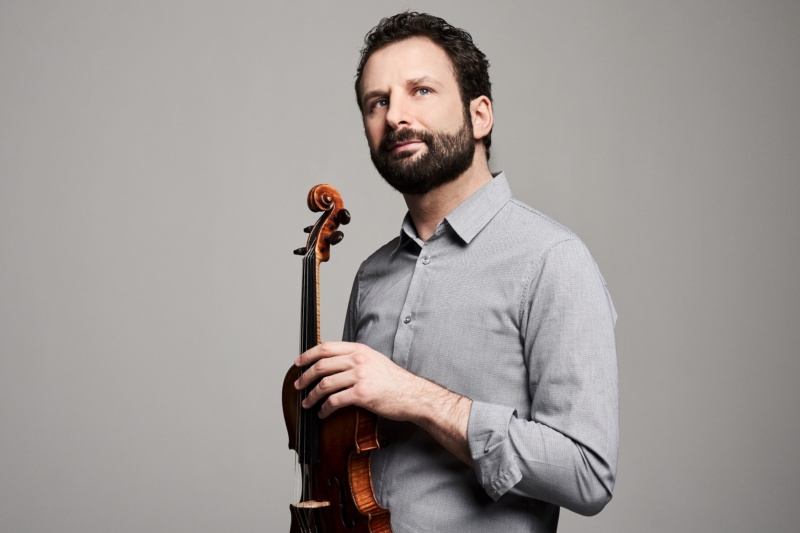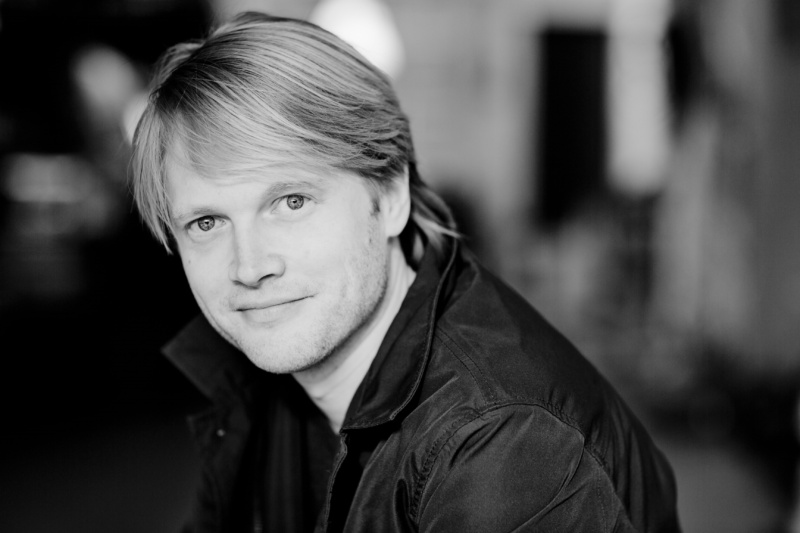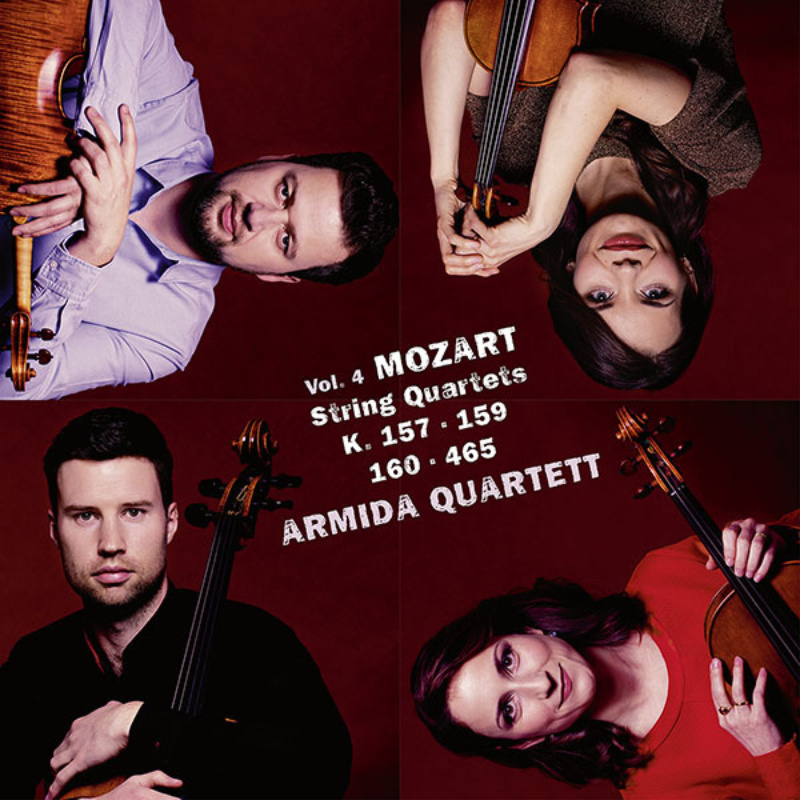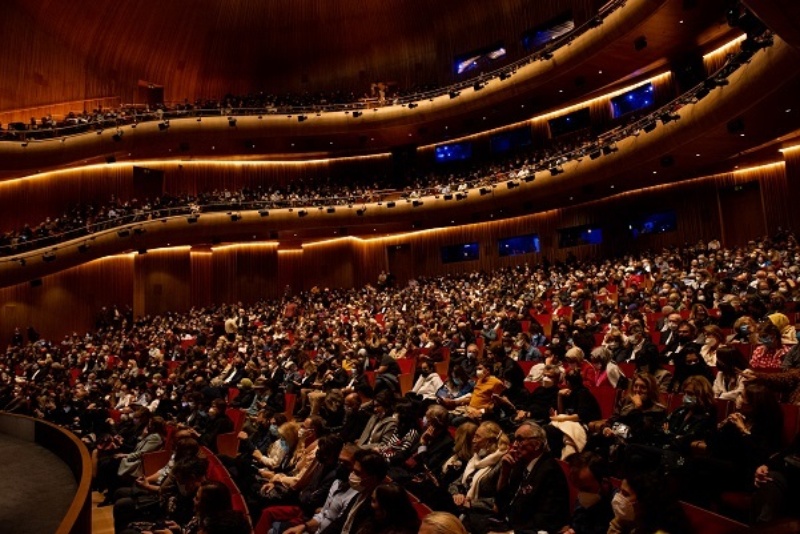The postponement of a premiere is an everyday occurrence in the music
world. That the reason is not an unfinished piece, but rather an
unfinished instrument is somewhat exceptional. In the case of Mark
Andre’s iv15 Himmelfahrt, written for the inauguration of the
1886 Strobel organ in Bad Frankenhausen in Thüringen, the craftsmanship
was behind the delay. The restoration of such a complex historical
instrument is no easier to plan than the composition of a piece of
music, meaning that Stephan Heuberger’s performance of the work last
October at St. Ludwig’s in Munich was just a sneak preview, played with
electronic organ stops.
The success of the concert, part of the musica viva series, served to
arise interest in the actual premiere, which will now be given by Leo
van Doeselaar on 23 June 2019. The Frankfurter Allgemeine Zeitung found
the work “simply sensational,” calling the composer a “master of
ethereal sound wizardry” and writing, “the idea of the transformation of
material into spirit was compelling realised in the sensitively shaped
dying away processes.”
“Mark Andre approaches the instrument completely differently. Few
approach the unknown world of the organ with such patience and
intensity,” enthused Stephan Heuberger about his collaboration with the
composer in an interview for Bavarian Radio with Michael Zwenzner.
Talking about his first work for the instrument, Mark Andre explains:
“In this piece I was concerned with the musical process of disappearing
and vanishing, especially in regards to the various types of sound and
action.” He experimented with techniques such as turning off the organ’s
motor, and colouring the disappearing sound with the stops. “What
happens is a kind of virtuosity that isn’t working with tones, but
rather with organ stops, which simultaneously creates a virtuosity of
listening,” says Heuberger.
Two organists, two completely different organs (one with electronic,
one with mechanical stops) and the acoustic conditions of different
churches – these all add to the already considerable challenge of
writing for the instrument. This is a challenge that many composers shy
away from: the list of new works penned by non-organists is brief. That a
composer such as Mark Andre, in demand by orchestras and ensembles the
world over (most recently, the Scharoun Ensemble premiered his Three Pieces for Ensemble in
the Berlin Philharmonie) would commit himself to the task tells of a
special motivation. The devout Protestant feels an affinity for the
sacred musical context of the organ, and in many of his works is
concerned with the Biblical idea of transition. “This process of
disappearing is for me associated with the ascension into heaven, the
dissolution of the body – or in music, the body of sound,” comments the
composer about iv15 Himmelfahrt. The iv of the title stands for introversion, the view into the depths of the soul.
Following the performance in Bad Frankenhausen, these “sounds which
seem to hover placeless in the air” (Frankfurter Allgemeine Zeitung)
will also be heard in Frankfurt on 19 September, this time performed by
organist Martin Lücker.
Nina Rohlfs, translation: Samuel Johnstone
